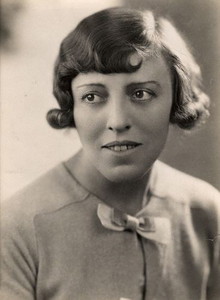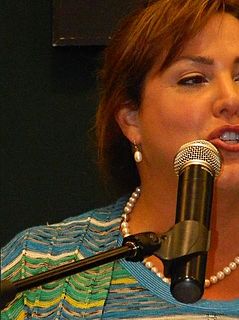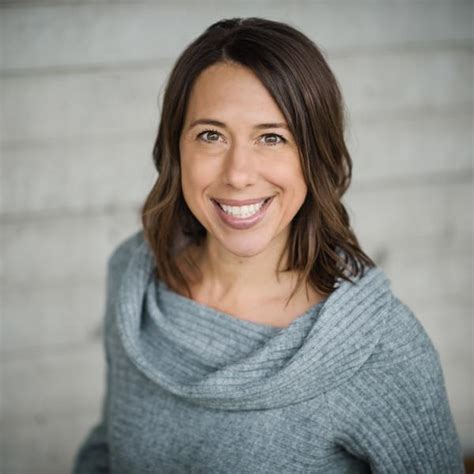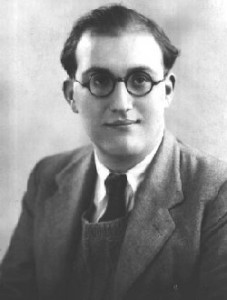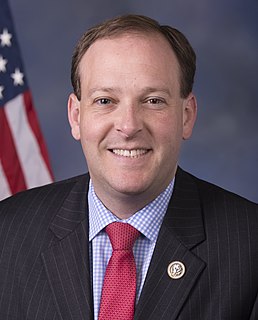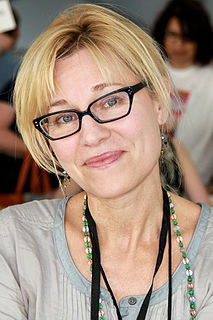A Quote by Dodie Smith
Certain unique books seem to be without forerunners or successors as far as their authors are concerned. Even though they may profoundly influence the work of other writers, for their creator they're complete, not leading anywhere.
Related Quotes
I mean, if we're concerned genuinely with writing, I think we probably get on with our work. I think this is very true of English writers, but perhaps not so true of French writers, who seem to read each other passionately, extensively, and endlessly, and who then talk about it to each other - which is splendid.
The reason some crime writers have a chip on their shoulder about the label is because their good books are shelved beside books about nuns and birdwatchers and cats who solve crimes. Overseas, my books are reviewed alongside those of authors like Robert Stone and Don DeLillo, and I have to live and die by that comparison. They don't ghettoize crime writers in other countries, and of course they shouldn't.
This is a world that is much more uncertain than the past. In the past we were certain, we were certain it was us versus the Russians in the past. We were certain, and therefore we had huge nuclear arsenals aimed at each other to keep the peace. That's what we were certain of... You see, even though it's an uncertain world, we're certain of some things. We're certain that even though the "evil empire" may have passed, evil still remains.
All the authors who've ultimately published Louder Than Words memoirs have been very happy to be chosen and excited about the possibility of having their memoir published. Even though these books deal with serious, often painful, issues, in all cases the authors felt as though writing their story would be an empowering and healing experience.
We may live without poetry, music and art; We may live without conscience, and live without heart; We may live without friends; we may live without books; But civilized man cannot live without cooks. . . . He may live without books,-what is knowledge but grieving? He may live without hope,-what is hope but deceiving? He may live without love,-what is passion but pining? But where is the man that can live without dining?
The author with the greatest influence on me is my friend Stephen Harrigan, who critiques everything I write before I even bother to show it to my agent or editor. He's a truly great writer - author of Gates of the Alamo and other books you might know of, and his instincts about what's working in a story, and what's not, are just about perfect. My books would be very different without his influence.
I've never been able to write poetry without having vast tracts of dead time. Poetry requires a certain kind of disciplined indolence that the world, including many prose writers, doesn't recognize as discipline. It is, though. It's the discipline to endure hours that you refuse to fill with anything but the possibility of poetry, though you may in fact not be able to write a word of it just then, and though it may be playing practical havoc with your life. It's the discipline of preparedness.
The fiction I've written and published is certainly inflected by the work of authors I was reading or translating at the time. One of my methods for developing my own voice in fiction, a process I am taking very slowly and deliberately, is through these very intense encounters with certain writers. Strength and power in fiction is being able to resist these intoxicating voices, recognizing that they are the signatures of other writers and not one's own.
